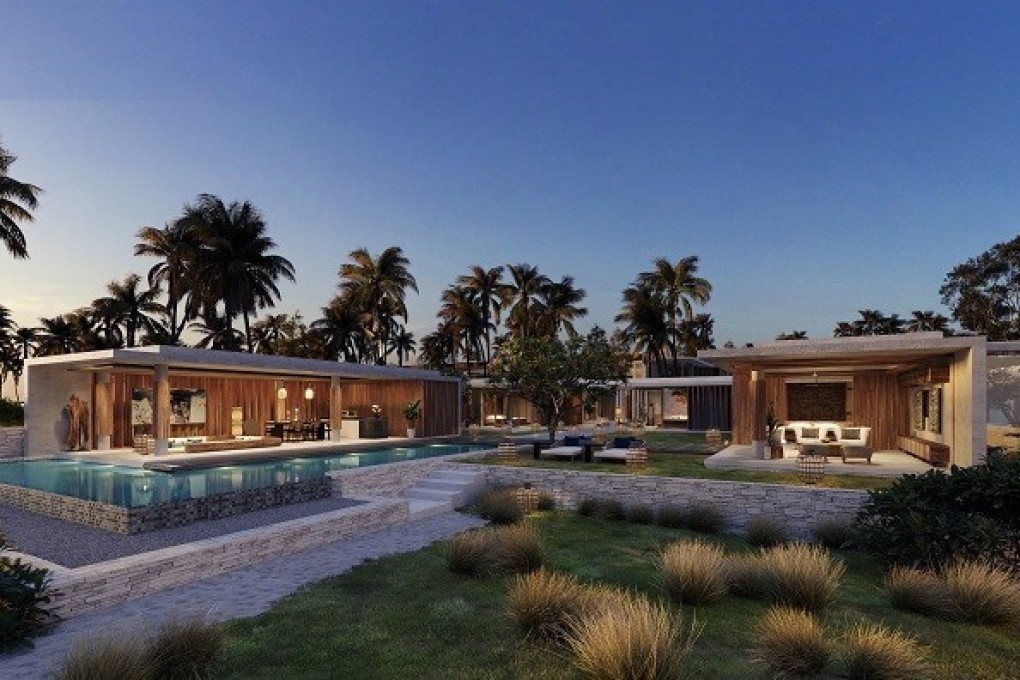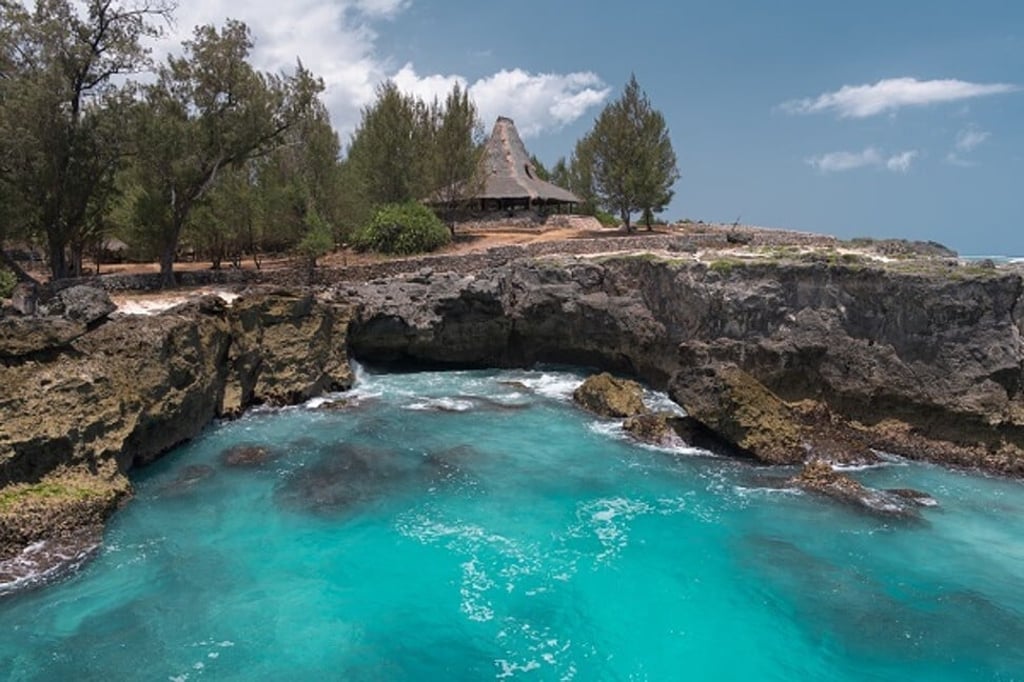A quiet piece of heaven opens up with Cap Karoso’s 2022 launch on Indonesia’s Sumba island
- Spanning over 11,000 square kilometres, Sumba is home to stretches of stunning white-sand beaches and tribal villages
- Once completed, the resort will comprise a 47-room hotel and 20 villas

To acquire a 9-hectare plot of land on Indonesia’s south-western island of Sumba, a getaway some 50 minutes by plane from Bali, French entrepreneurs Fabrice and Evguenia Ivara first had to request for ancestral approval.
This unusual requirement led them to host a traditional ceremony together with village heads for 600 locals, dressed in traditional garb. Their efforts have paid off, as Cap Karoso, a resort built on the bought land, is set to open next year. Once completed, the resort will comprise a 47-room hotel and 20 villas.
Without direct flights to the island, Sumba has remained largely unknown to tourists, and has been spared the usual buzz its more famous neighbours, Bali and Lombok, typically drew before Covid-19 hit. Spanning over 11,000 square kilometres, Sumba is home to stretches of stunning white-sand beaches and tribal villages.
Although Wi-Fi is available on the island, the way of life for locals has largely been shielded from globalisation – megalithic tombs are still built to bury the dead, said Eve, short for Evguenia.

“The tribes there live in traditional houses – huts with roofs of 25 metres tall – with animals roaming free on the road. When you drive, oftentimes you have to stop because, for example, the dogs lay on the road and they don’t move as they don’t yet understand that cars are a danger. It is really as if you are travelling in a country 1,000 years back in time,” said Eve. People sport traditional wear, with men donning a machete at their waist, and women in their sarong.
